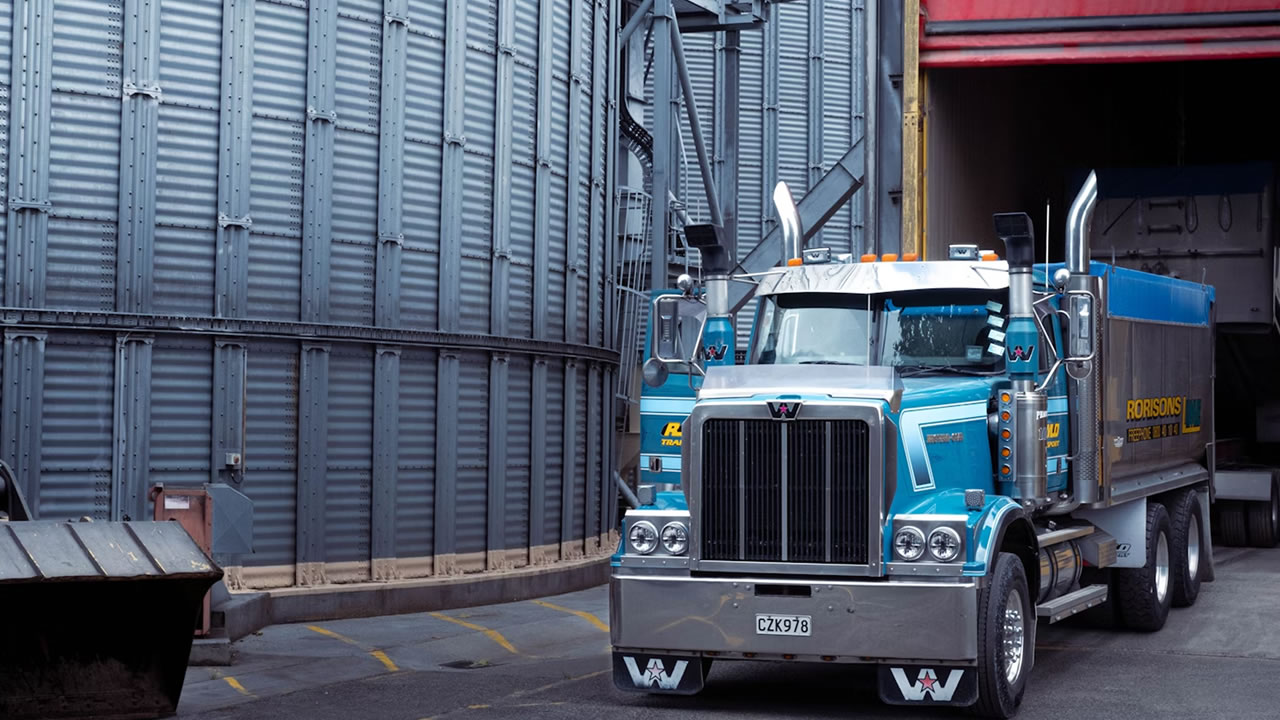Freight transportation plays a major part in the American economy as it facilitates the movement of freight across the states. Still, due to legal obligations, trucking companies continue experiencing certain compliance challenges. UCR (Unified Carrier Registration) and Form 2290 (Heavy Vehicle Use Tax) are two filings that every trucking business has to prepare and file. These documents are very important for entities to work in a legal framework and at the same time help in safeguarding roads and maintaining infrastructure. Let’s examine the importance of these filings for trucking companies.
What Is UCR Registration and Why Is It Important?
registration applies to all motor carriers, freight forwarders, brokers and leasing companies who transact across borders. The fee that UCR registration collects from trucking companies in reference to the size of their fleet helps maintain order in highway safety programs as the money is pooled to provide the much needed state aid.
Even though it UCR registration comes with great benefits, many companies still tend to ignore such filings until they are mandated to comply which leads to harsh punishment in the form of fines, penalties, and in some cases revocation of operating authority. Hence it’s a necessity for businesses.
UCR fees need to be paid yearly in advance. Trucking companies should keep track of their registration renewal to stay compliant.
The Benefits of UCR Registration:
- Staying in Compliance with Federal Regulations: Guarantees that your company is able to operate across state borders.
- Avoidance of Penalties and Fines: Preventable late fees and registration penalties are avoided through registration.
- Funding for Road Safety: Your contributed funds help promote safety programs that aid every individual in the trucking industry.
Understanding Form 2290: Heavy Vehicle Use Tax
Form 2290 applies to all trucking companies who own and operate heavy vehicles, which would be those 55,000 pounds or more. An annual tax paid for the mange and construction of highways and bridges is the Heavy Vehicle Use Tax (HVUT) and needs to be remitted along with the form. Filing 2290 can be done free of charge between July 1 and August 31.
Proof of payment is demonstrated with a stamped Schedule 1 that the IRS gives upon successful submission. This document is essential in renewing vehicle registration with the Department of Motor Vehicles (DMV).
Reasons Why Filing Form 2290 Is Essential:
- Legal Compliance: Penalties, vehicle reclaim and registration suspension are consequences to never filing Form 2290.
- Support for Infrastructure: The taxes paid serve other drivers, by maintaining highways for better and safer roads.
- Proof of Compliance: A stamped Schedule 1 is crucial to renewing the automobile’s registration, thus making it pivotal in the trucking operation.
The Collaboration of UCR Registration and Form 2290
In relation to UCR registration, it centers on managing interstate activities and collecting funds for highway safety as purpose, whereas Form 2290 is concerned with imposing tax on heavy motor vehicle for the upkeep of the roads. In all, these two ensure that the trucking companies do their part in providing the needed maintenance and regulation as well as contribution towards the safety of the carros that they use.
Trucking operating businesses must ensure that they meet the two requirements at the same period of time to ensure seamless business activity. Noncompliance with any one of these would result in legal complications, fines, or delays.
Ensure Compliance for Your Company’s Continued Operations
Both the UCR registration and the Form 2290 filing are not just tedious paperwork, but they are fundamental in the compliance and operations of any truck company that is successful. Failure to meet these deadlines can result in penalties, which helps with road security while ensuring that the business is operational.
Professional filing services can help ease UCR registration as well as Form 2290 so that you can meet compliance effortlessly. Avoid last minute rush, ensure compliance, provide your fleet with non-stop access to the road, and all of this without interruptions.
Disclaimer: The information provided in this blog post is for general informational purposes only. While we strive to keep the content accurate and up to date, we do not guarantee its completeness, reliability, or accuracy. Any actions you take based on this information are strictly at your own risk. We are not responsible for any losses, damages, or inconveniences that may arise from the use of this blog. For professional advice, please consult a qualified expert.


